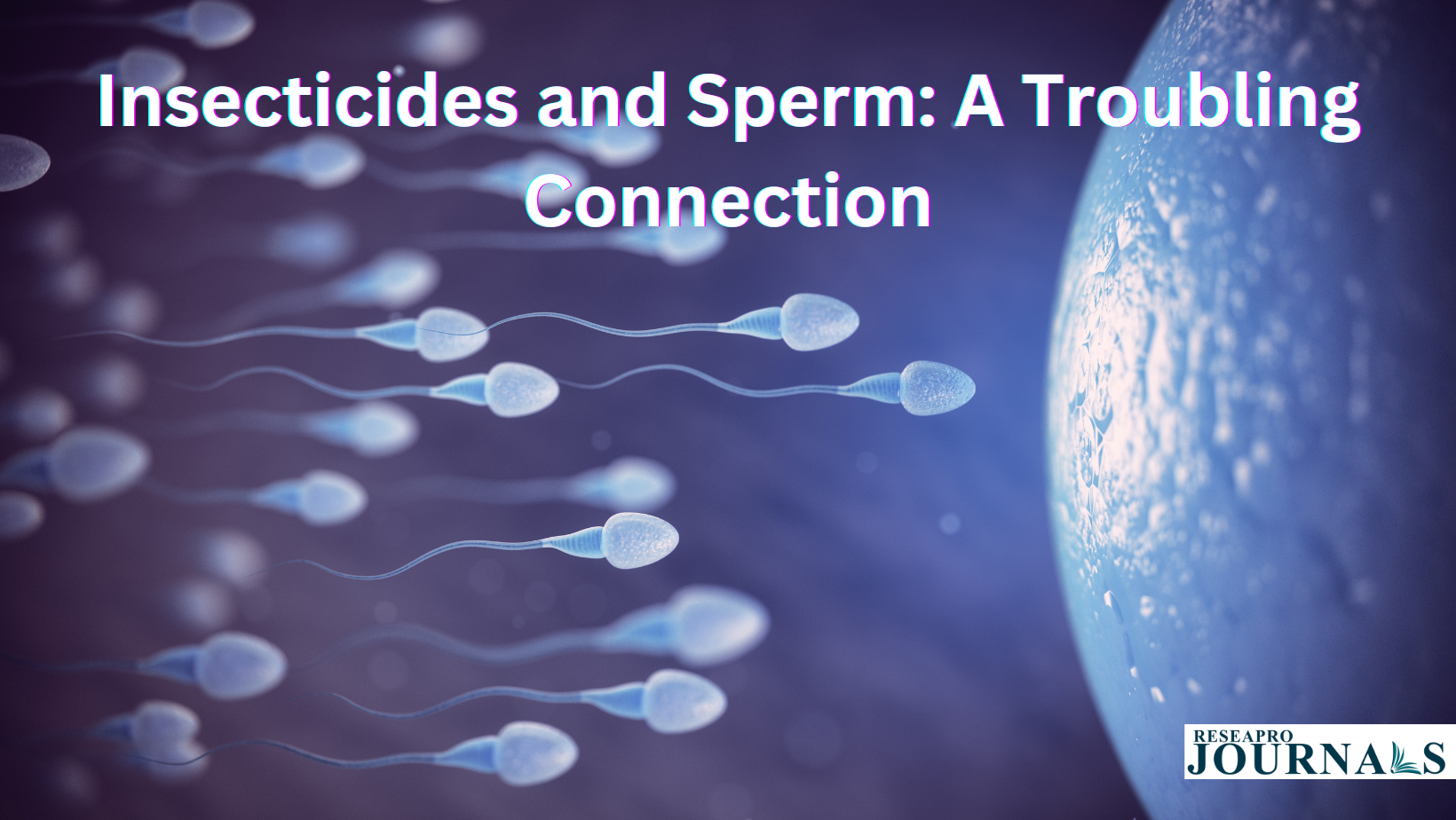|
Getting your Trinity Audio player ready...
|
 A comprehensive review of 25 studies spanning nearly 50 years reveals a consistent association between insecticide exposure and diminished sperm concentration in adult men globally. The research, conducted by a team from Italy and the US, is considered the most thorough systematic analysis on the subject to date. Focusing on organophosphates and N-methyl carbamates, commonly used insecticides, the study incorporates data from 1,774 adult men across four continents.
A comprehensive review of 25 studies spanning nearly 50 years reveals a consistent association between insecticide exposure and diminished sperm concentration in adult men globally. The research, conducted by a team from Italy and the US, is considered the most thorough systematic analysis on the subject to date. Focusing on organophosphates and N-methyl carbamates, commonly used insecticides, the study incorporates data from 1,774 adult men across four continents.
Insecticides, ubiquitously present in the environment, pose reproductive hazards primarily through contaminated food and water consumption. The researchers highlight the critical need to comprehend the impact of insecticides on human sperm concentration. The findings emphasize the necessity to reduce exposure to these insecticides to safeguard male fertility and enhance the likelihood of parenthood.
The study further strengthens the link between increased insecticide exposure and decreased sperm concentration when considering factors such as exposure to other reproductive toxins and medical risk factors. While semen quality decline over time is noted in other studies, a singular biological mechanism explaining the adverse associations remains elusive. The authors underscore the importance of regulatory action to minimize insecticide exposure based on the compelling evidence presented. The study, published in Environmental Health Perspectives, urges continued research, particularly on glyphosate and N-methyl carbamates, to better understand their impact on sperm production.



